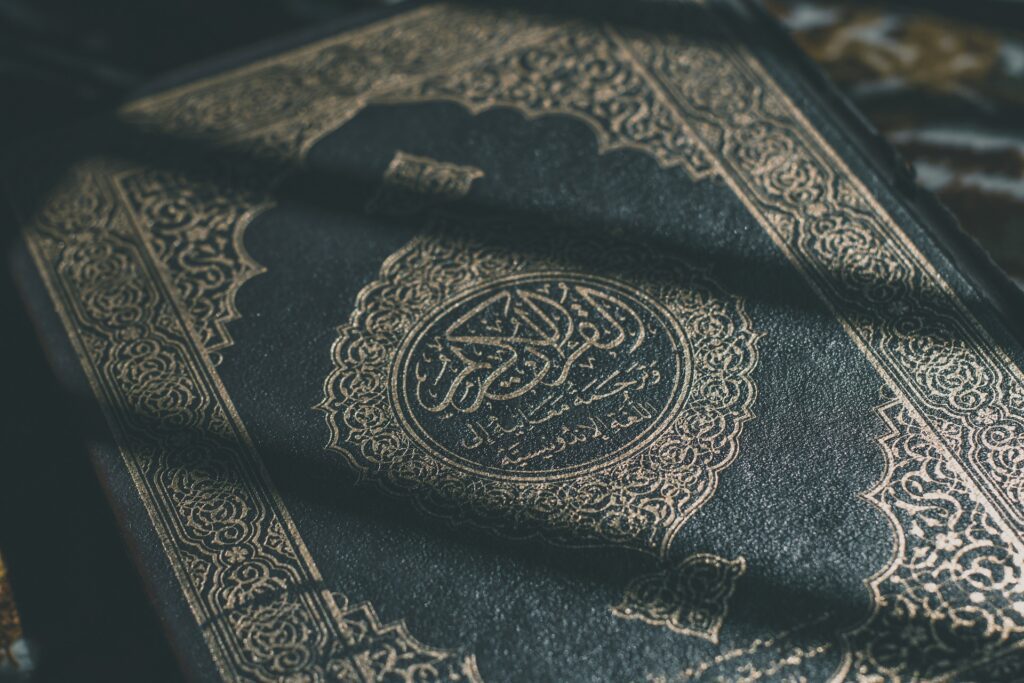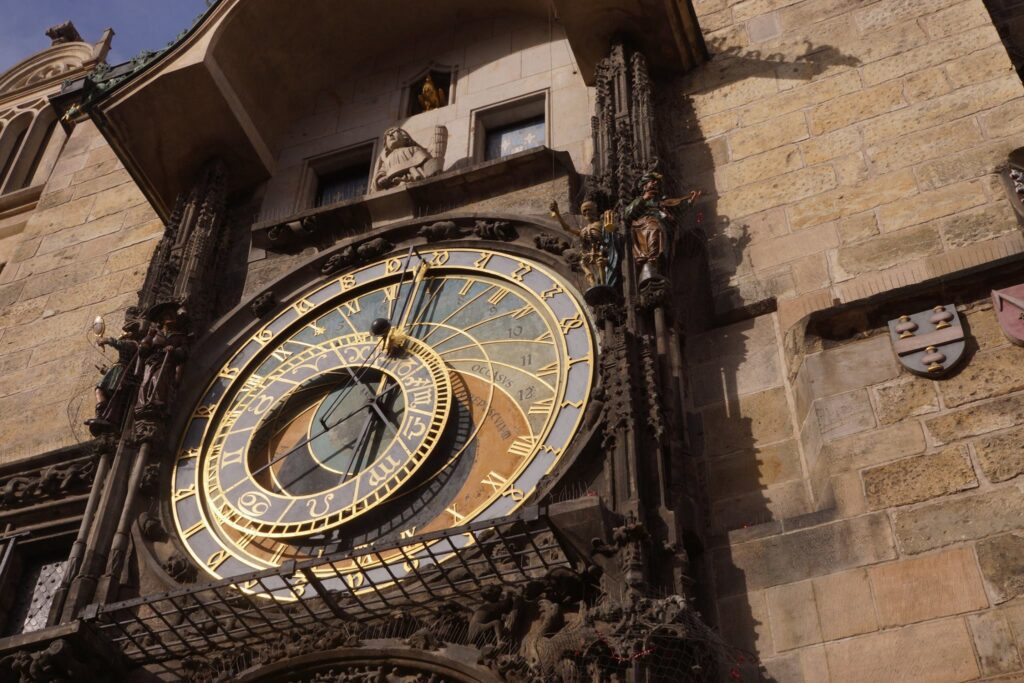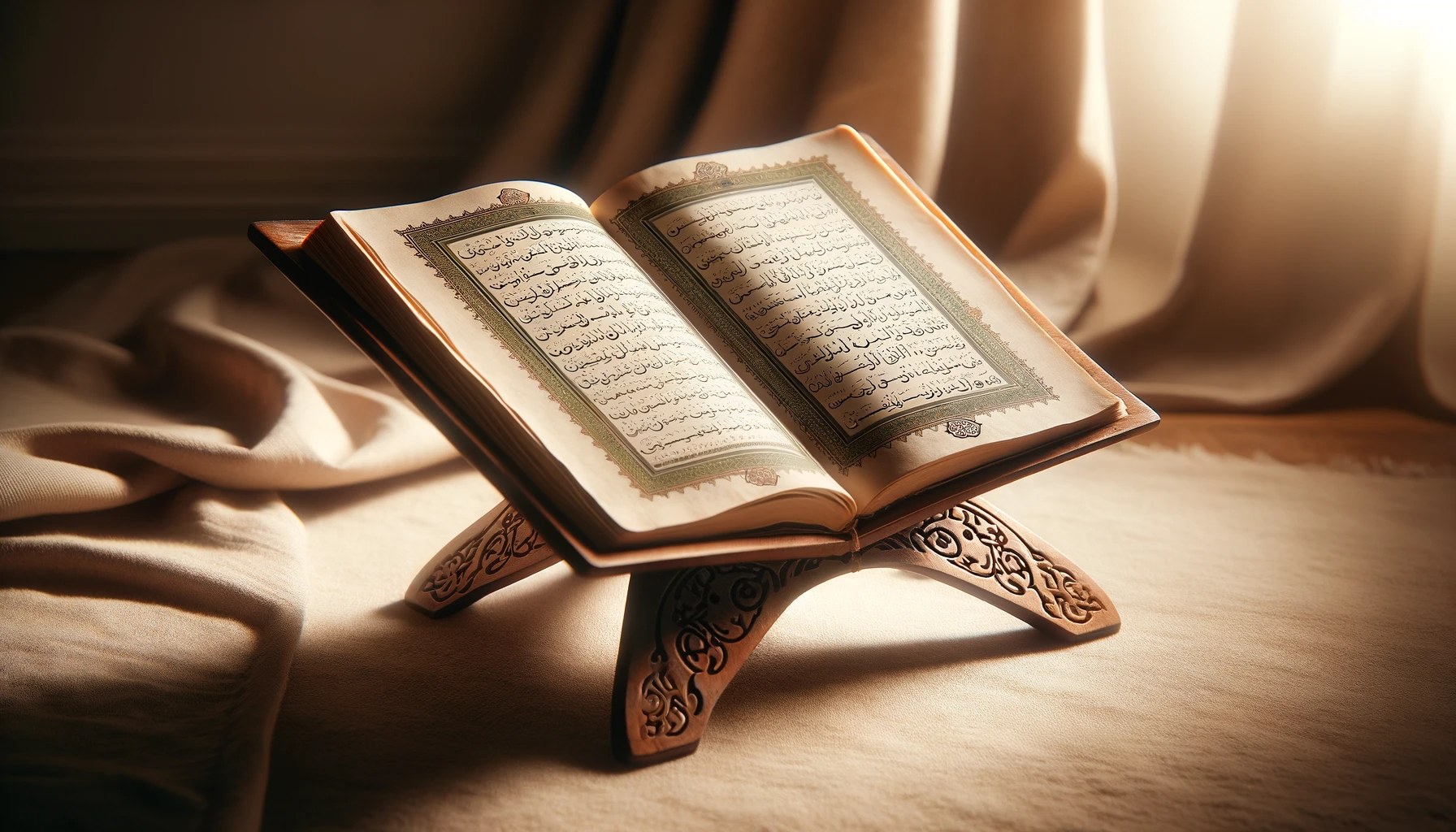Islamic public holidays hold immense cultural, religious, and historical significance for the Muslim community worldwide. These holidays mark important events and observances in Islamic history and serve as occasions for spiritual reflection, communal worship, and celebration. To understand the origins and importance of Islamic public holidays, let us explore their history and delve into some of the most commonly observed Islamic holidays around the world.
Historical Background
The Islamic calendar, also known as the Hijri calendar, is a lunar calendar that began with the migration (Hijra) of Prophet Muhammad from Mecca to Medina in 622 CE. This event marked the establishment of the first Islamic state and the beginning of the Islamic era. The Islamic calendar consists of twelve lunar months, making it approximately 11 days shorter than the Gregorian calendar.

Common Islamic Public Holidays
- Eid al-Fitr: This joyous festival marks the end of Ramadan, the holy month of fasting. Muslims worldwide celebrate Eid al-Fitr with prayers, feasting, and acts of charity. It is a time of forgiveness, gratitude, and strengthening of community bonds.
- Eid al-Adha: Also known as the “Festival of Sacrifice,” Eid al-Adha commemorates the willingness of Prophet Ibrahim (Abraham) to sacrifice his son as an act of obedience to God. Muslims celebrate this holiday by performing the ritual of animal sacrifice, followed by communal prayers, feasting, and sharing the meat with the less fortunate.
- Mawlid al-Nabi: This holiday celebrates the birth of Prophet Muhammad, the founder of Islam. Muslims commemorate this occasion with prayers, sermons, and gatherings where the life and teachings of the Prophet are discussed. It is a time of reflection, gratitude, and expressing love for the Prophet.
- Ashura: Ashura is observed on the 10th day of Muharram, the first month of the Islamic calendar. It holds different meanings for different Muslim communities. For some, it commemorates the day when Prophet Moses and the Israelites were saved from Pharaoh’s army. For others, it marks the martyrdom of Imam Hussein, the grandson of Prophet Muhammad, in the Battle of Karbala. Ashura is a day of fasting, mourning, and reflection.
- Laylat al-Qadr: Known as the “Night of Power,” Laylat al-Qadr is considered the holiest night of the year. It is believed to be the night when the first verses of the Quran were revealed to Prophet Muhammad. Muslims spend this night in prayer, seeking forgiveness, and engaging in acts of worship. It is a time of spiritual reflection and seeking blessings.
These are just a few examples of the most commonly observed Islamic public holidays. However, it is important to note that the specific holidays and their practices may vary across different regions and cultural traditions within the Muslim world.

Significance and Observance
Islamic public holidays hold deep religious and cultural significance for Muslims worldwide. They provide an opportunity for the community to come together, strengthen bonds, and deepen their faith. These holidays also serve as a reminder of the important events and teachings in Islamic history, fostering a sense of identity and belonging among Muslims.
The observance of Islamic public holidays varies from country to country, depending on the cultural and religious practices of the local Muslim population. In predominantly Muslim countries, these holidays are often recognized as national holidays, with schools, businesses, and government offices closed. Muslims gather in mosques for prayers, engage in acts of charity, and celebrate with family and friends.
In countries with significant Muslim minorities, these holidays may be observed within the Muslim community, often with public prayers, cultural events, and festive gatherings. Governments and institutions in these countries may also acknowledge these holidays to promote inclusivity and respect for religious diversity.
Conclusion
Islamic public holidays hold great significance for Muslims worldwide, providing opportunities for spiritual reflection, communal worship, and celebration. These holidays are deeply rooted in Islamic history and serve as reminders of important events and teachings. While specific holidays and their practices may vary across different regions and cultural traditions, the observance of Islamic public holidays strengthens the bonds of the Muslim community and fosters a sense of unity and shared identity.

